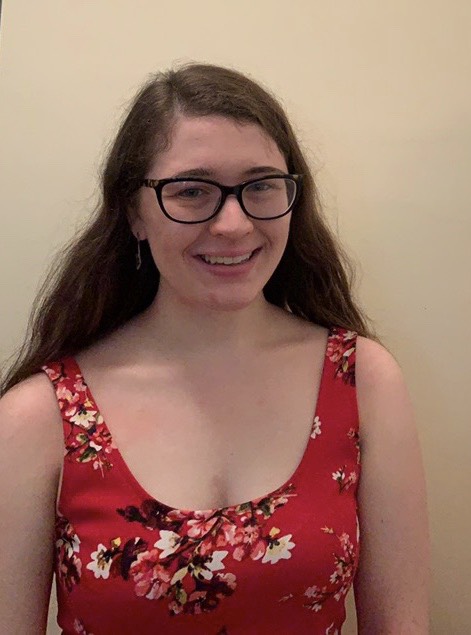Author: Ellen Thome, senior
This is the second post in a series of four posts written by the Summer 2019 Honors Internship Fellows. The students received a stipend that enabled them to work at non-profit organizations for the common good.
Thanks to the Honors Summer Internship Fellowship, I was able to intern at Save the Children as a Supporter Experience & Retention intern this summer. Save the Children is a global nonprofit, working in 120 countries to protect the rights of every child. Save the Children achieves this by providing health and nutrition programs, increasing access to education, promoting gender equality, and protecting children in areas suffering from conflicts or disasters. Save the Children also advocates for policies that protect children at the local, national, and international level.
As a Supporter Experience & Retention intern, my job was to help communicate Save the Children’s latest efforts to donors. I did this by revising fundraising materials and selecting images and links for Save the Children’s calendars. I also helped Save the Children celebrate its Centennial anniversary by sending donors materials that highlight the long-term changes Save the Children has achieved since its establishment. Finally, I collected donor feedback by analyzing and creating surveys. The scope of these surveys ranged from small matters – photos for the annual calendar – to broader issues, such as what motivates donors to give. Overall, this internship introduced me to the administrative side of nonprofit work. Additionally, I met several experts in international nonprofit fieldwork, which also allows me to consider the possibility of overseas nonprofit work.
This internship has reinforced the importance of written communication that is central to the Honors Program curriculum. Revising donor-facing materials showed me how small textual details can have profound, long-term impacts. Furthermore, Save the Children considers literacy foundational for children’s development and rights, and prioritizes children’s literacy with early childhood reading programs, supplemental school reading initiatives, and campaigns to keep girls in school.
Additionally, Save the Children’s work around the world corresponds to the pillars of justice and diversity of the Honors Program mission. Save the Children protects children regardless of nationality, religion, or refugee status, and demonstrates a commitment to justice by focussing on children hit hardest by conflict, such as children in Syria and Rohingya children from Myanmar. Save the Children delivers justice to children experiencing conflict by establishing child-friendly spaces where children are protected from violence and work through trauma, and by addressing governments to end conflict. Save the Children’s job-training and livelihoods programs also ensure justice for the poorest children by breaking cycles of poverty.
Finally, this internship has helped shape the focus of my Honors senior thesis, which I will be writing this fall on the topic of migrants. This summer, Save the Children established two centers along the US-Mexico border for migrant children transitioning out of ICE detention centers. Seeing Save the Children’s work for migrant children both reinforces the importance of my topic and highlights how much more needs to be done to help detained migrants.
I am incredibly grateful to Dr. Keller and the Honors Program for their support in allowing me to pursue this wonderful opportunity.
